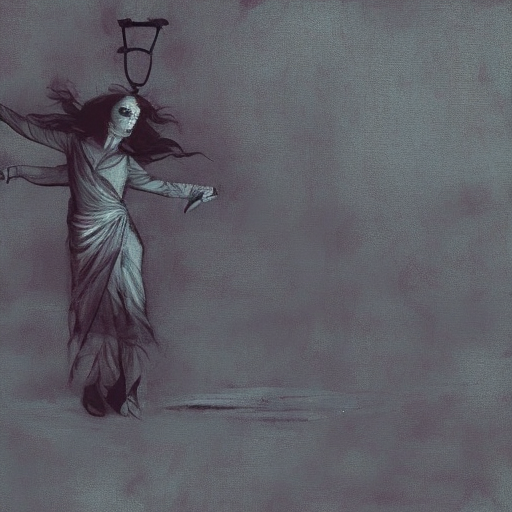One-line Summary:
Witness for the Prosecution (1957) by Billy Wilder
When a renowned lawyer takes on the defense of a man accused of murder, he becomes entangled in a web of deceit and betrayal as the truth slowly unravels in the courtroom.
Main Cast and Crew:
- Director: Billy Wilder
- Writers: Billy Wilder, Harry Kurnitz (screenplay), Agatha Christie (play)
- Key Actors: Tyrone Power as Leonard Vole, Marlene Dietrich as Christine Vole, Charles Laughton as Sir Wilfrid Robarts, Elsa Lanchester as Miss Plimsoll
- Music Director: Matty Malneck
- Director of Photography: Russell Harlan
- Producers: Arthur Hornblow Jr., Edward Small
Plot:
Leonard Vole, a young and charming man, is accused of murdering a wealthy widow, Emily French. Sir Wilfrid Robarts, a brilliant and ailing defense lawyer, takes on Vole’s case despite his nurse, Miss Plimsoll’s, concerns. As the trial unfolds, the evidence against Vole seems overwhelming, with Christine Vole, his wife, testifying against him. However, Sir Wilfrid suspects there is more to the case than meets the eye.
Through meticulous investigation and cross-examination, Sir Wilfrid uncovers a series of shocking revelations. He discovers that Christine is not Vole’s wife but his mistress, and that she is in fact married to another man. The defense lawyer also uncovers a potential motive for the murder, as Emily French had recently changed her will, leaving her fortune to Vole. With the trial reaching its climax, Sir Wilfrid must find a way to prove Vole’s innocence and expose the true culprit.
Themes and Motifs:
One of the central themes in “Witness for the Prosecution” is the nature of truth and deception. The film explores the idea that appearances can be deceiving, and that people are not always who they seem to be. It also delves into the concept of justice and the lengths people will go to in order to achieve it.
The motif of courtroom drama is also prominent, with the film showcasing the intricacies of a high-stakes trial. The tension and suspense build as the defense and prosecution present their cases, leading to a shocking twist that challenges the audience’s perception of the truth.
Reception and Legacy:
Upon its release, “Witness for the Prosecution” received critical acclaim for its gripping plot, stellar performances, and masterful direction by Billy Wilder. The film was nominated for six Academy Awards, including Best Picture, Best Director, and Best Actor for Charles Laughton. It also received several Golden Globe nominations.
The legacy of “Witness for the Prosecution” extends beyond its initial success. It is considered one of the greatest courtroom dramas of all time, known for its intricate plot twists and memorable performances. The film’s influence can be seen in subsequent legal thrillers and has cemented its place in cinematic history.
Recommendation:
“Witness for the Prosecution” is a must-watch for fans of suspenseful courtroom dramas. With its captivating performances, clever twists, and thought-provoking themes, the film keeps viewers on the edge of their seats until the very end. Billy Wilder’s direction and the stellar cast bring Agatha Christie’s story to life in a way that is both thrilling and emotionally engaging.
Memorable Quote:
“So many people know me. I wish I did. I wish someone would tell me about me.”












